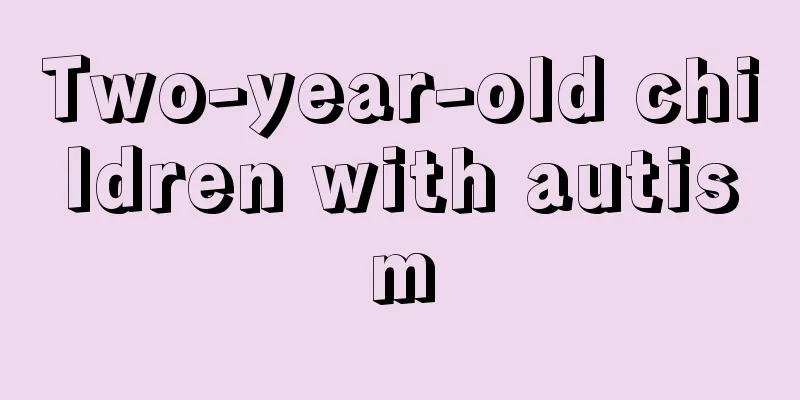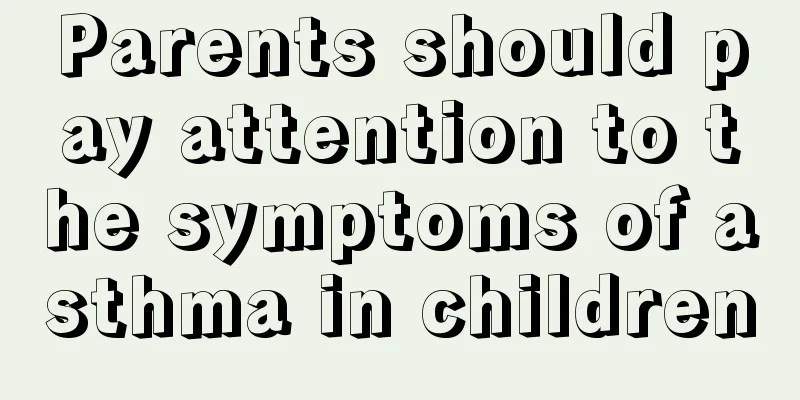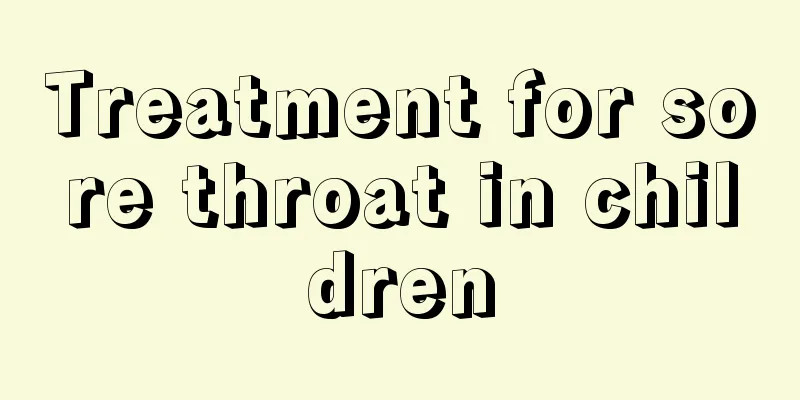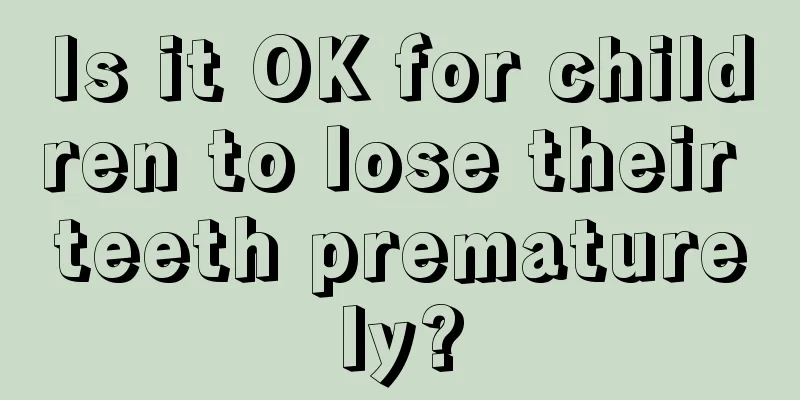Child's ears smell

|
It is quite common for children to have smelly ears in our lives. It may be caused by symptoms of otitis externa, which will affect the baby's hearing and ear growth. Therefore, when mothers find that their children have smelly ears, they should take them to the hospital for examination. They should not use drugs without authorization. They also need to understand the causes of ear inflammation. A bad smell in your baby's ears may be caused by an ear infection. If you find that your baby has yellow water flowing out of his ears with a foul odor, it is best to go to the hospital for a check-up in time, because there may be some inflammation in the ear, or some ear disease such as otitis media. Because we cannot see the internal structure of the ear from the outside, once there is a problem, it is not easy to discover, so parents should pay enough attention to it. What are the symptoms of otitis media in babies? 1. If your baby has pus in his ears, pulls his ears while crying, has a fever, hearing loss, refuses to drink milk, has ear pain or odor, then you should suspect that your baby has otitis media. 2. Mothers can press the baby's ears with their hands. If the baby cries loudly and pushes your hand away, it may be because the ear is infected due to the pressure, resulting in excessive pain. At this time, parents should take their baby to the hospital for examination in time and not use any medicine without authorization. What are the causes of otitis media in babies? 1. Babies who feed while lying down are more likely to suffer from otitis media. Babies who feed milk powder while lying down are more likely to have milk flow into their ears. If an infection occurs, the baby will suffer from otitis media. Although breast milk flowing into the ears is relatively rare, it is not absolutely safe. 2. Pay attention to the secondhand smoke factor if there are smokers at home. If the baby is exposed to secondhand smoke for a long time, it will not only cause the baby to suffer from respiratory diseases, bronchitis, and asthma, but also increase the risk of otitis media. 3. Improper way of blowing the nose. Many parents blow their baby's nose by gently pinching both sides of the nose and asking the baby to blow the nose out with force. If the force is too weak, the nose will not be blown cleanly. If the force is too strong, the ears will feel blocked and stuffy for a short time, and there may even be ear pain and tinnitus. In addition, babies do not know how to control the strength, so they are very prone to acute otitis media, which can even affect their hearing in severe cases. Tips 1. If parents suspect that their baby has otitis media, they must go to the hospital for formal treatment and not take medication at home. Before the baby's otitis media is cured, parents should not stop taking the medicine without authorization because they think the symptoms have been relieved. The medicine should be consolidated for 3 to 5 days after recovery to prevent the remaining bacteria from multiplying again and causing recurrence of otitis media. 2. However, parents do not need to worry too much. Generally, there will be no sequelae after otitis media is cured. When the baby grows to 4 to 6 years old, his Eustachian tube gradually matures, and his anti-infection ability improves, which will reduce the chance of otitis media. |
Recommend
What treatments are effective for children's cough?
Children often cough. There are many reasons for ...
How to stop cough for two-year-old baby
For two-year-old babies, they often suffer from c...
What is this hole behind my baby's head?
For parents, there is nothing happier than seeing...
Why does a child lose hair on the top of his head?
Mothers will surely notice that many babies lose ...
Baby's stool occult blood weak positive
If the baby's stool shows weak positive occul...
Causes and treatments for children with fever at night but no fever during the day
Some parents may have this problem: their childre...
What to do if your baby has a cold and has thick yellow nasal discharge
In real life, babies have poor resistance to viru...
Symptoms of children with genetic problems
Children will inherit many characteristics of the...
Can children eat passion fruit?
The nutritional value of passion fruit is relativ...
How does Traditional Chinese Medicine treat malnutrition in children?
Infantile malnutrition is a chronic disease, whic...
What is the cause of baby's brain dysplasia?
Here, I would like to give a friendly reminder to...
What to do if your baby has a fever and runny nose
Babies having fever and runny nose is a situation...
What should we pay attention to when children have asthma?
Asthma is a common respiratory disease that can a...
What complementary food can babies eat at 100 days old
For babies around 100 days old, they have just st...
Can a one year old take ibuprofen granules?
Ibuprofen is a relatively common and effective an...









